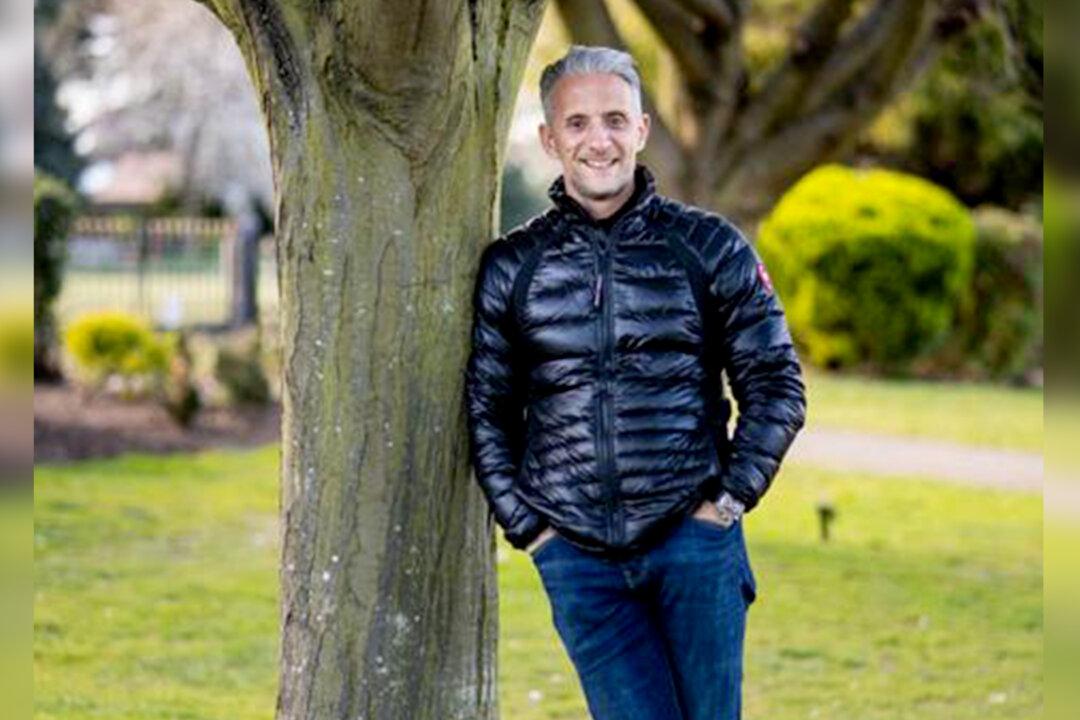Grant was a successful London city trader with a six-figure income until he fell into drug addiction. At rock bottom, he was begging for small change to buy a can of cider or cheap over-the-counter pills.
It took family intervention, a failed stint in rehab, a divorce, unemployment, a stomach ulcer, and a near-death hospitalization for Grant to finally see the light at the end of the tunnel. An intensive 12-week program then sealed his commitment to living a clean life, and today, he is four years sober and working as an admissions coordinator at an addiction treatment center.





